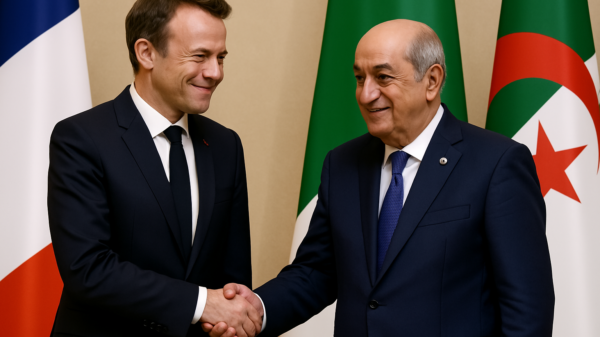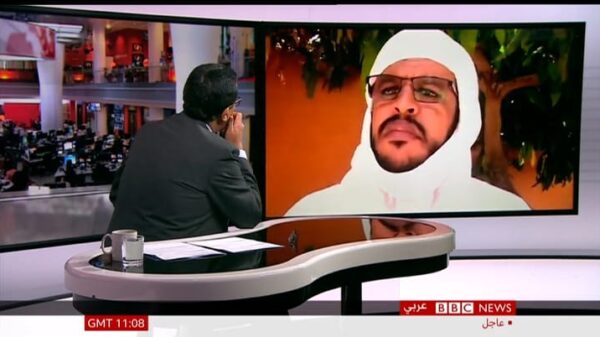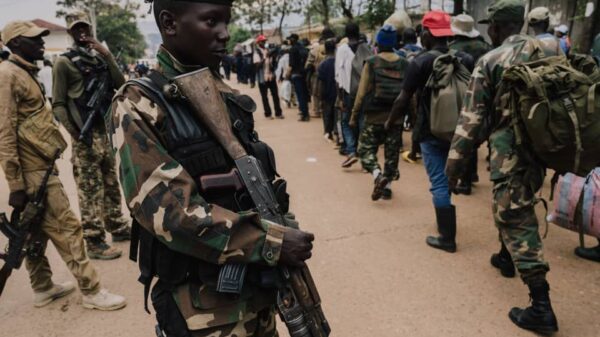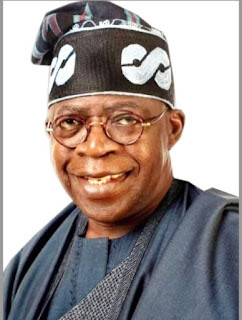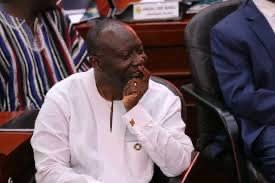Ghanaians have reacted negatively to the government’s directive requesting the Electricity Company of Ghana (ECG) and the Northern Electricity Distribution Company (NEDCO) to liaise with the Ghana Revenue Authority (GRA) “to ensure that the implementation of VAT for residential customers of electricity”.
This applies to domestic consumers above the maximum consumption level specified for block charges for lifeline units which took effect on January 1, 2024.
The directive, the ministry said is in line with Sections 35 and 37 and the First Schedule (9) of Act 870 and aligns with the relevant sections of the Value Added Tax Act of 2013 and is part of the Government’s Medium-Term Revenue Strategy and the IMF-Supported Post-COVID-19 Programme for Economic Growth (PC-PEG).
This directive has been met with strong opposition from Ghanaians with the former Board Chair of the Ghana Revenue Authority (GRA), Prof Stephen Adei, noting that, “There’s no doubt at all people will be worse off” when the government starts taxing them for power consumption.
He believes the government has misdirected its tax policy while speaking in an interview on the development.
“You’ll first focus on things that increase production and then that, in turn, will feed into your taxes”, the economist noted.
In his view, the government “should be going after the billions of uncollected property taxes” as well as all the exemptions given to some sectors such as mining.
“The mines have millions of exemptions and these are the ones we should go after rather than going after the ordinary producer and consumer when it comes to electricity”, he noted.
Also, the Executive Director of the Institute for Energy Security (IES), Nana Amoasi VII, has raised concerns that the increment will exacerbate the existing issue of power outages and will drive investors away from the sector.
“If any other sector player or investor is looking at this situation, they will advise themselves to the extent that they won’t invest in the sector because when you increase the tariff, you are increasing the burden of consumers. They may be compelled to either shy away from that power system or bypass that system by way of theft as well.”
He added, “When they bypass the system and probably resort to generated or probably renewable energy, then, of course, you are going to get excess capacity, which will come at the cost that I mentioned. You have to pay for the same. So what the government is doing is rather going to worsen the situation that we have today.”
Meanwhile, power supply is currently erratic across the country, a situation that has led Deputy Minority Leader Emmanuel Armah-Kofi Buah to say the country is grappling with “a severe case of load shedding, commonly known as ‘dumsor’”.
The situation, the former energy minister noted, “is evidently clear, with 500 MW of load being shed as of tonight, January 9, 2024”.
The Ellembelle MP observed in a statement, last week, that “Numerous areas have been plunged into darkness due to the unavailability of gas to fuel thermal plants within the Tema enclave, which can be attributed to financial constraints”.
Specifically, Mr Buah mentioned that the Ghana National Petroleum Corporation (GNPC) “is currently unable to fulfil its payment obligations to the West African Gas Pipeline, which is responsible for transporting gas from Takoradi to Tema for power generation”.
“You can also track the ultimate problem to the weakest link in the value chain – ECG’s inability to pay off-takers”, he explained.
“Compounding” the situation, Mr Buah added, “is the absence of a load-shedding timetable, which hampers households and businesses from planning accordingly”.
To him, the “lack of transparency and communication regarding the power outage schedule only adds to the frustration and inconvenience experienced by the affected population”.
“It is worth highlighting that even during the worst periods of dumsor in the past, the power outage never reached the 500-megawatts threshold currently being shed. Yet, the media associated with the NPP interestingly see this as no ‘dumsor’.”
“Their loud silence on the current situation is deafening”, the lawmaker criticised.
“The Ghana Grid Company must, as a matter of urgency, come out with a load-shedding timetable to allow households and businesses to plan better”, he demanded.
Some Ghanaians have been complaining about the power situation on Facebook for the past three days.







